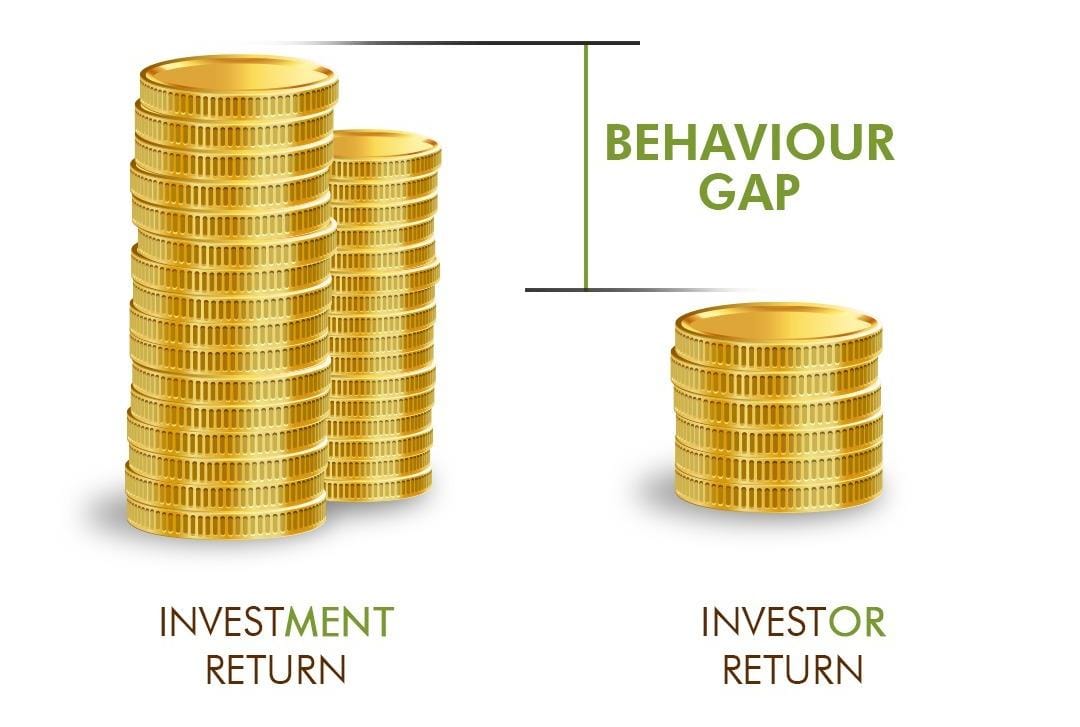Returns, returns, returns! Most of us only ask this when we talk of any investment idea. We all know money is hard to earn, but harder to make it grow on its own. Aren’t we always on the lookout for investment avenues that can provide us with the best possible deal on our money? However, when it comes to evaluating any proposal or idea, most of us seldom question beyond returns and maybe a few other things. Shouldn’t we understand the entire dynamics of investing and the product /asset under consideration before making this important financial decision?
Why am I investing?
Most important question to consider before making any investment is, “Why am I investing?”, “What is my investment objective?”. There may be several reasons – you want to meet a life goal, or you just want the money to grow and create wealth, or you need the money to be protected or whether you are looking for temporary cash-flow management. The treatment and approach to all these objectives differ which will dramatically impact your choice of the asset class and products.
What is my investment horizon?
Defining your investment horizon is another important element. Keeping everything aside, you may also choose the asset class /product, based on your investment horizon if you are flexible with returns and risk profile. In general, the longer your investment time frame, the more risk you can accept in your investment portfolio because you have more time to recover from a mistake. An interesting point to note is that if your investment horizon is very long, you may invest in assets that are not very liquid like for e.g., real estate, PPF, etc. For shorter investment horizons, investing in liquid instruments is very essential. One important question to also ask here is – what are the chances I may need it earlier? If needed, will you have to exit/sell these investments?. This again will impact your decision-making.
How much risk can I take?
The next question you need to ask is how much risk can you take? There is another way to look at this, how much risk you ought to take to meet your target figure, in case of a life goal, e.g., retirement. At times, you may have to invest in an asset class with higher risk to achieve the goal. In such a case, you may have options like increasing your investment horizon and/or your planned savings or reduce on your target amount. A balancing act will need to be done for all these. All asset classes and products come with different types and levels of risk and with better clarity on your ideal risk, you can now decide on the same. In absence of a defined target amount, your investments decisions or portfolio composition should purely be based on your risk profile. Further, the type of risks also differs, the major ones being risk to capital, credit risk, interest rate risk, liquidity risk, reinvestment risk and market risk.
The Seven Biggest Wealth Concerns We All Face! https://ghanchiinvest.com/biggest-wealth-concerns-individuals-and-couples-face/
What is the product all about?
Another question to ask is whether you are familiar with the asset /product – “do I have the knowledge, proper understanding and experience of this product?”. Aspects like nature of the product, risks, returns, process for buying /investing /redemption /payout, ongoing management, tax treatment, liquidity, etc along with the name, quality, credit profile, etc. of the concerned issuer /financial institution, is important to know. The institution’s financial standing and credit profile become very important if the product is a debt instrument. In the case of fund houses, the mutual funds, the house quality and pedigree play an important role. Operational processes and ongoing management of the asset is also something you want to be familiar with. Risks, in terms of capital risk and the volatility of the returns, should be known to you. Returns are something we will explore in detail next. If you feel that the product is too complex, not transparent or something you cannot understand, better ignore the same than regret it later.

What returns will I get?
After the above questions are answered, comes the question that we usually ask first – “What returns will I get?”. Interestingly, I think that every asset class and product will give you different types of returns. The major types would be – capital gains, interest rate, dividends, rental income, etc. Each of these returns has different characteristics. In case the asset class or product is something new, you should first ask “how will the returns get generated?”. By understanding this aspect of the asset/product, a lot more can be understood of the potential risks and opportunities. It will also help you assess if any claim made is practical or if it is shady. Further, while considering returns, the volatility of returns is also an important element. While considering returns, one should look at post-tax, real returns which are returns after taxation and net of the retail inflation rate. Surprisingly, you may realise that your traditional investments may even be giving you negative returns!
What is my asset allocation?
Asset allocation is an important principle or cornerstone of any investment portfolio. It is said that your asset allocation must match your risk profile and should be diversified. By asset allocation we mean the proportion of your investments allocated across different asset classes like equities, debt and physical assets like gold, real estate, etc. Diversification is the concept that says that you should have a different asset class and even at multiple underlying holdings to reduce risks. The reason is that different asset classes have different cycles. A concentrated investment too carries many risks. Before making an investment decision, “how will it fit in your overall portfolio, asset allocation and diversification?” should be answered.
What is Asset Allocation? https://ghanchiinvest.com/asset-allocation-asset-class/
Lastly, if you do not have the requisite knowledge, understanding or experience of the asset /product, better ask someone who is an expert. Do not ask your family members or friends first as they may be just like you and their opinion would have been shaped by their personal experience, good or bad. A trusted expert – either a financial advisor or financial products’ distributor can be best placed to answer all your questions, including the ones asked here. A good expert, who has an understanding of you, your needs, and your risk profile, will help better select the right asset class and the product for you.
The investing process is simple but often not easy. If you are new to all this, till the time you get experienced and knowledgeable, a lot of precious time would have gone to waste. However, irrespective of your knowledge /experience level today and if you are short on time, inclination or do not wish to put in the required efforts, we suggest having an expert to help you out. But do not think that as an investor it absolves you of your responsibilities. As an investor, it is also your responsibility to get educated and ask questions to your satisfaction so that there are no misunderstandings or conflicts later. Having an expert guiding you would not only save you time but would help you make smart financial decisions and avoid costly mistakes, both necessary for your financial future. Wondering how to start, reach us at chandrakant@ghanchiinvest.com or call at +9820926446 / +91 7977061717. For other financial and Investment planning check our section here





